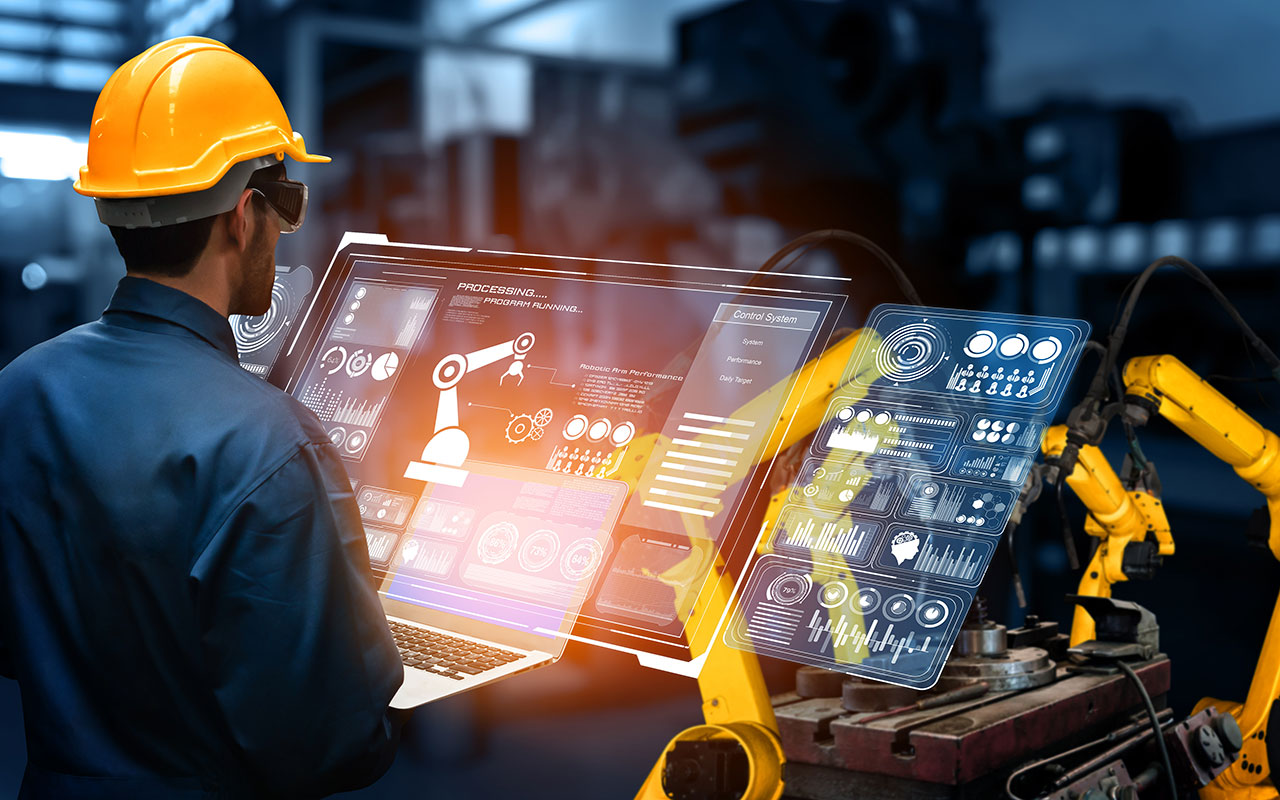Introduction
Automation is changing the way we work. From manufacturing to finance to healthcare, automation is transforming industries by increasing efficiency, reducing costs, and improving quality. While automation has benefits for businesses and consumers alike, it also has a significant impact on the job market and the future of work. In this post, we'll explore the effects of automation on the job market and what it means for the future of work.
The Impact of Automation on Jobs
Automation has already had a significant impact on the job market. Machines and software are replacing human labor in many industries, from manufacturing to retail to finance. According to a report by the McKinsey Global Institute, up to 800 million jobs worldwide could be lost to automation by 2030. This represents a significant shift in the job market, with many workers being displaced by machines and software.
However, automation also has the potential to create new jobs. As machines take over routine tasks, humans can focus on more complex tasks that require creativity and critical thinking. Automation can also create new industries and opportunities, such as the development of new technologies and the growth of the gig economy.
The Future of Work
The future of work will be shaped by automation. As machines take over routine tasks, workers will need to adapt their skills to remain competitive in the job market. This means learning new technologies, developing communication and collaboration skills, and becoming more flexible and adaptable in their work.
The gig economy will also play a significant role in the future of work. As more people work as freelancers and contractors, they will need to become more adept at marketing themselves and managing their own careers. This will require a different set of skills than traditional employment, such as networking and self-promotion.
The Benefits of Automation
Automation has many benefits for businesses and consumers. It can increase efficiency, reduce costs, and improve quality. For example, in manufacturing, automation can reduce the time it takes to produce goods, improve accuracy and consistency, and reduce waste. In healthcare, automation can improve patient outcomes by providing more accurate diagnoses and treatments.
Automation can also free up human labor for more creative and complex tasks. This can lead to increased job satisfaction and better quality of life for workers.
The Challenges of Automation
While automation has many benefits, it also poses significant challenges for workers and society as a whole. One of the biggest challenges is the potential for job displacement. As machines take over routine tasks, many workers will be left without jobs. This can lead to social and economic inequality, as some workers will be better equipped to adapt to the changing job market than others.
Another challenge of automation is the potential for biases to be built into algorithms and software. This can lead to discrimination and perpetuate existing inequalities in society.
Conclusion
Automation is transforming industries and changing the way we work. While it has many benefits, it also poses significant challenges for workers and society as a whole. As we look to the future of work, it's important to consider how we can harness the benefits of automation while mitigating its negative effects. This includes investing in education and training programs to help workers adapt to the changing job market, developing regulations to ensure that automation is used ethically and responsibly, and creating a safety net for workers who are displaced by automation. By working together, we can create a future of work that benefits everyone.


